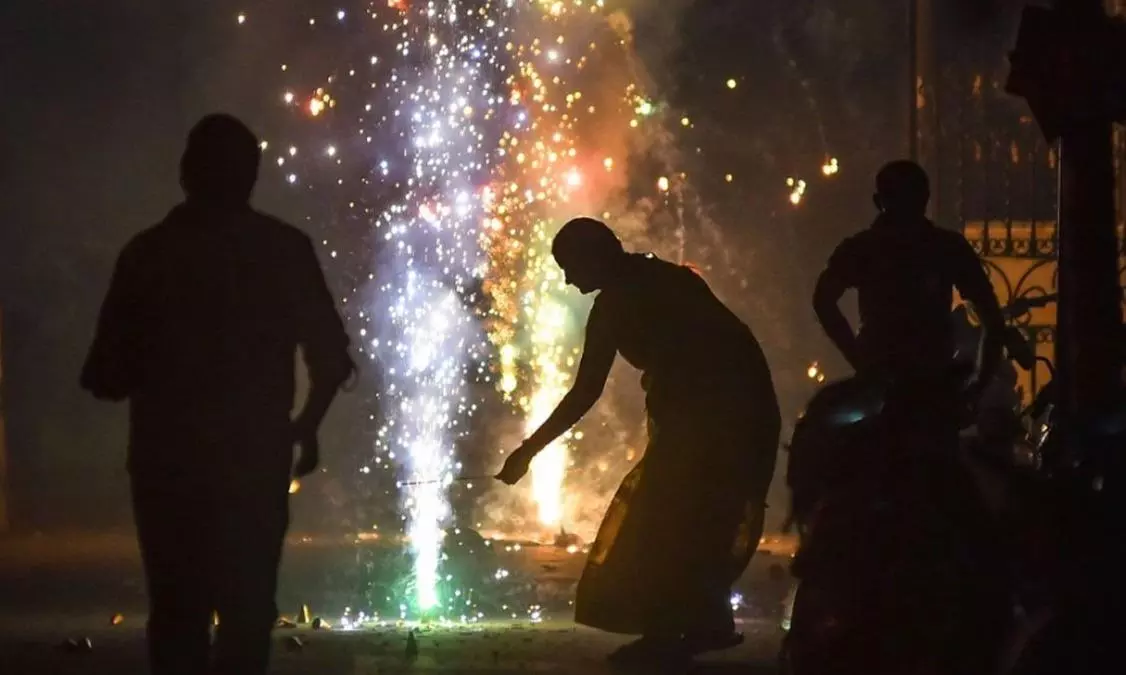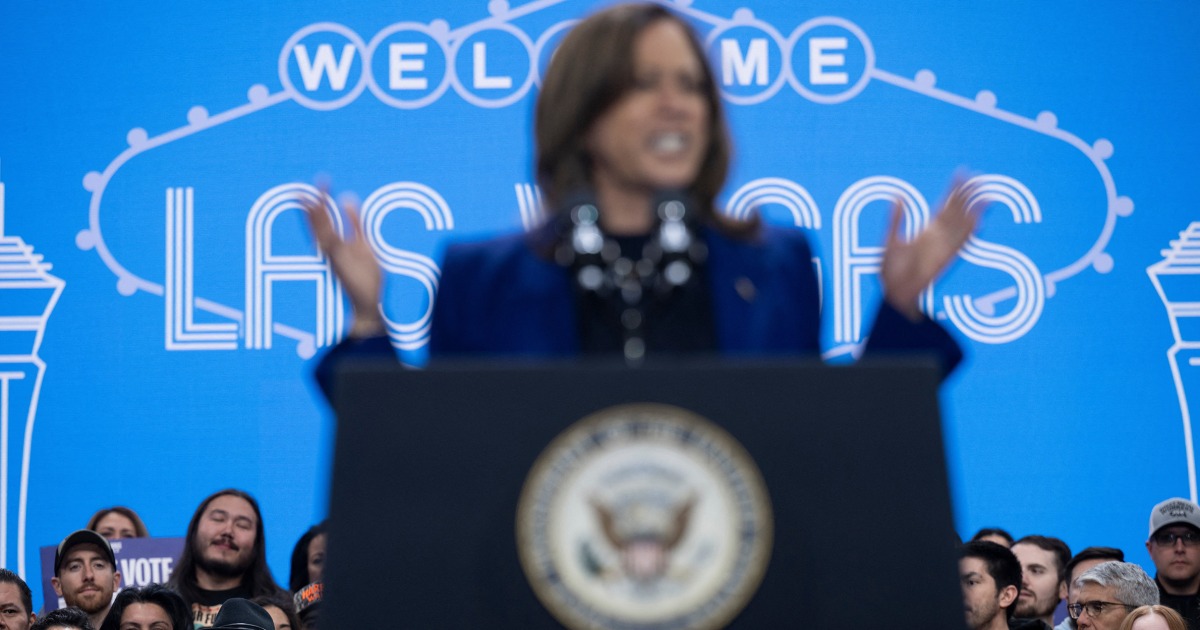
Diwali this year was cleaner with regard to air pollution by particulate matter (PM) as compared to 2023, according to data released by the Telangana Pollution Control Board (TGPCB) on Saturday. Noxious gases, however, were another story. And yes, it was way noiser too.
The TGPCB's ambient air quality monitoring showed a decrease in particulate matter (PM) levels. PM2.5, or fine particles, averaged 84 μg/m3 this Diwali, down from 119 μg/m3 last year.
PM10 levels fell from 188 μg/m3 in 2023 to 184 μg/m3. Despite these reductions, both levels remain above the 24-hour average standard limits of 60 μg/m3 and 100 μg/m3 respectively. However, emissions of sulphur dioxide (SO2) and nitrogen oxides (NOx) saw a slight rise this year.
SO2 levels increased from 12 μg/m3 in 2023 to 14 μg/m3 in 2024, and NOx rose from 30.6 μg/m3 to 40 μg/m3 this Diwali. Despite these increases, the emission concentrations are still within the acceptable limits set by the TGPCB, it said.
TGPCB said that the noise levels recorded on Diwali night in industrial areas were measured at 69.4 dB (deciBels) during the day and 64.5 dB at night.
These were 2 dB higher on Diwali, but still within the standard levels of 70 dB. Residential areas experienced 68.89 dB of sound during the day and 65.
68 dB at night, while the standard is 55 dB and 45 dB. In commercial areas, TGPCB recorded 70.69 dB during the day and 68.
23 dB at night, crossing the norm of 65 dB and 55 dB respectively. Sensitive areas recorded 62.7 dB during the day and 63.
3 dB at night, way above the safe norm of 50 dB and 40 dB..














